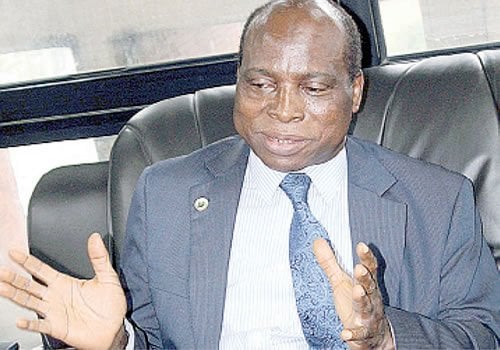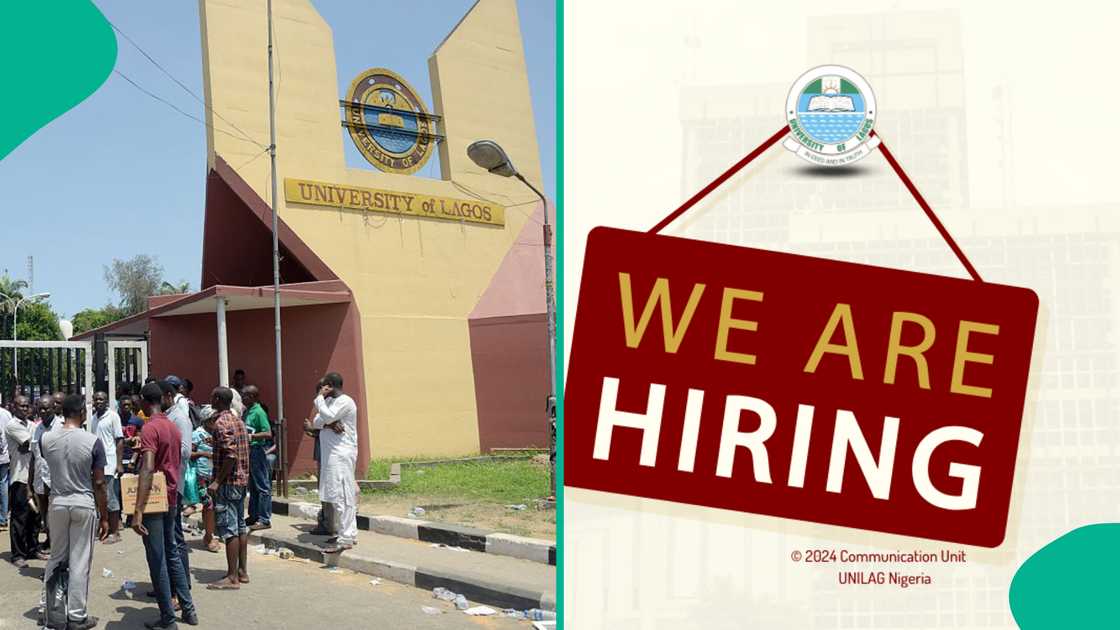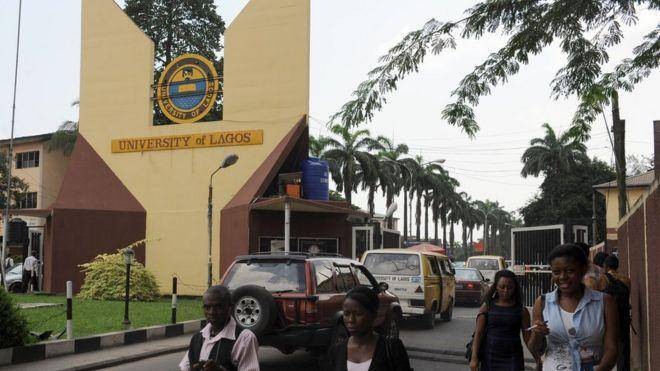
Kayode Sowole, a 400-level Computer Science student of University of Lagos who won the ‘Best Student App’ for developing the Wazobia Bible application which allows people to read the bible in Pidgin, Hausa, Igbo, Yoruba and all English translations offline. In this interview with Vanguard Learning, he speaks on his inspiration for application development. Excerpts
BY DAYO ADESULU
TELL us about yourself.
My name is Kayode Sowole. I am from Sodeke town in Abeokuta, Ogun State. I am currently a 400-level Computer Science student of University of Lagos.
I am a highly motivated individual who always enjoys a good challenge. My interest in computing since my childhood has been a major factor in helping me to develop my programming skills that have led to my high level of success in mobile app development. I love developing web and mobile applications. My leisure activities include writing, travelling and listening to music.
Similar Posts:
When did you realise you wanted to become an App developer?
I made the decision to become a mobile application developer in my first year in University of Lagos in 2010 after an online video training on app development on YouTube.
So what steps did you take?
I started by downloading and installing the Java IDE, which the YouTube training had recommended. I also got the Netbeans IDE on my laptop. Then, I searched Google for related e-books and downloaded them on my laptop for references. From that moment, I started building Java and Android apps. I found my kicks in getting online to research and learning new stuff about app development.
What was the first app you developed?
The first app I developed is called the Picpuzzle, a picture puzzle game that requires the player to rearrange the items in a picture in the proper order. I had fun putting that one together.
Where did you get inspiration for the app you created?
The Holy Spirit was the author of my inspiration. The thinking behind the app was that when God communicates with you in your native language, it seems as if God is from your town for Him to have been able to talk to you.
It allows for a closer and deeper transaction with the Almighty that is very native and heartfelt. When you read the Yoruba Bible, it seems as if God is a Yoruba man, which is true because we are all copies of God’s image. Language is very powerful.
If you want a people to lose their sense of identity, all you need to do is to take their language away from them. As such, providing the word of God to people in a language that they can understand is so powerful and has a very good feeling.
The Wazobia Bible app, affords you the opportunity to read God’s word in Pidgin, Hausa, Igbo, Yoruba and all English translations offline. It’s all about creating value and opportunities for people to access God’s word.
What were the high points of your preparation?
The incorporation of the Bible into Bible programming languages such as THML (Theological Mark-up Language) and OSIS (Open Scripture Information Standard) was the most significant part of my preparation.
The Theological Markup Language is a new markup language that is being used to mark up texts for the Christian Classics Ethereal Library and other projects.
This XML application can be thought of as HTML with additions for electronic books and rich digital libraries, with special support for theological needs such as scripture references and Strongs numberings.
Also the Open Scripture Information Standard (OSIS) is an XML application (or schema), that defines tags for marking up Bibles, theological commentaries, and other related literature. These are useful languages I had to code with to develop the app.
Did you know that you were going to win?
I was shocked when I received the news of my win. Someone had called me to tell me I won because I didn’t attend the presentation.
How do you feel about winning?
This is so comforting and assuring. I feel so exhilarated. I’m so happy my hard work on the app has really paid off. This is a reward for the value I have tried to create by opening up the word of God to reach more people in a language they can understand and appreciate.
How do you plan to maximise the platform your victory has brought?
I intend to use social networking platforms like Facebook and Twitter so as to reach out to a lot of people.
Development of the app
Also the 6 month- promotion of the app promised by MTN would help popularise the app.
Could you take us through the start-up process and its growth trajectory?
I started the project by compiling the Holy Bible in Pidgin, Hausa, Igbo, Yoruba and all English translations in plain text format.
Next, I built the GUI (Graphical User Interface) in Eclipse which made the project about fifty percent ready. After that, I developed the connection between the Bible files and the core of the app. At this stage, the project was seventy five percent completed.
To complete the development of the app, I introduced the reading of other documents such as Bible in one year, Every day in the word and other Christian books. I also made a collection of 384 bible verses which will be highlighted when reading the Bible. At the end of this stage, Wazobia Bible app was hundred per cent ready for use.
How have mobile users embraced the app and what kind of numbers have you churned out?
Wazobia Bible app has been downloaded beyond my expectation. The app has had over 2,800 downloads on MTN App Store.
Have you been able to monetize the application?
No. It’s a free app for now.
How do you intend to deal with the competition within the mobile industry?
I intend to introduce other features like reading the Bible out in audio and in the selected language such as Igbo, Hausa, Yoruba and Pidgin.
How would you assess current level of local mobile applications development?
I think local mobile applications development is increasing rapidly and a few years from now, the local mobile applications development community would have doubled.
MTN has launched the MTN NextApps store for various platforms, how will this impact the development of mobile applications and related content for mobile uses?
MTN NextApps store has definitely expanded the reach of apps to various platforms which will definitely improve mobile applications development speedily because it will encourage developers to port their apps to several platforms.
Would you say Nigeria has the local capacity to effectively support the growth and development of mobile content and applications?
Not at the moment. We have a lot of talented students in Nigeria but most cannot even afford a laptop. Even those who have laptops have to use N100 from their pocket money to get 10MB of data to browse. Only a few can afford to fuel their generators because there’s no light. As students, we need laptops, data and electricity to effectively support the growth and development of mobile content and applications.
What advice would you have for the government or corporate bodies in a bid to strengthen the local mobile application industry?
The government needs to make electricity stable to strengthen the local mobile application industry. Corporate bodies need to divert the millions they give to music stars for adverts to buy laptops for secondary school students who just finished their WAEC and are awaiting results. (Vanguard)


